|
Imagine you forgot to set your alarm, woke up late, spilt coffee on your white shirt and struck every red light on your way to the office…
On top of that there’s 38 email notifications from your child’s school, your work inbox is full and your most challenging client wants to meet ASAP… Not to mention all the family dynamics as you try to make sure everyone is dressed, fed and ends up in the right place, at the right time, with everything they need… Add to this the dishwasher has broken and the dog needs to be booked in to see the vet… Just a typical day for many people, busy juggling life. These are all examples of external stressors. And they’re only mild examples…no moving, divorce, illness… Many of these external stressors are beyond our control. They’re just some of the day to day demands of life. The internal stressors are another story. The internal stressors include our thoughts, feelings, behaviours beliefs, perceptions, attitudes and expectations. Creating change internally is powerful because it changes both the way we perceive our lives and how we respond to the external stressors. And when we work with both the conscious and subconscious mind, change can be fast! This is because so many of our thought patterns and behaviours are influenced by beliefs and programs running at the subconscious level. Through reducing our internal stressors we can boost our performance and live more joyfully. This can turn surviving into thriving!
0 Comments
Are you feeling stressed and stuck in a loop of overthinking?
There's a reason for this... Your mind is designed to protect you and will constantly replay an issue, trying to keep you safe. It can feel exhausting, like running on a treadmill and getting nowhere. Mindfulness can help. Meditation can help. Walks in nature can help. Yoga can help. Laughter with a friend can help. Healthy eating and sleep can help. But when you try these options and you only feel momentarily better, you know you need to dive deeper. There're surface level issues with surface level solutions but when the problem is deeper and causing ongoing inner turmoil, you need to address the deeper issues. Your subconscious mind holds all your inner beliefs and behavioural programs. When you explore the issue at this level you can clearly see why you were stuck and best of all, see a way to move forward. When you have clarity, you feel lighter. You naturally become more resilient and capable of achieving your goals. When you change the way you see the problem, everything changes. You no longer have a problem; you have a solution! Then the mind's habit of overthinking, worrying and ruminating disappears because it's no longer needed. When life feels uncertain, we often try to hold on tightly and find ourselves trying to control everything.
On the inside, we’re stuck inside our heads with endless looping thoughts… On the outside, we’re efficient and everyone else thinks we’re on top of things. Little do they know, at what cost? When we expose a light on the underlying thought patterns, we gain clarity. The knots unravel. Then we feel peaceful, resilient, confident… And the need for control dissipates, like mist on a sunny day. Then we feel strong within ourselves and that’s powerful. That's liberating. That's freedom. The Importance of Celebrating your Wins!Do you stop and celebrate your wins?
It's so easy to let weeks go by, nose to the grindstone, achieving goals, ticking them off and then immediately turning our attention to the next task on our to-do list. Do you know what happens in the brain when you celebrate your wins? Yes! It releases lots of 'feel good' chemicals including: 1. Dopamine: This neurotransmitter is associated with pleasure and reward. It is released when we experience something positive, such as achieving a goal or receiving recognition for our accomplishments. 2. Serotonin: This neurotransmitter is associated with feelings of well-being and happiness. It is released when we feel proud of ourselves and our achievements. 3. Endorphins: These are natural painkillers that are released in response to physical activity, such as dancing or exercising. They can also be released when we experience positive emotions, such as excitement or joy. 4. Oxytocin: This hormone is often called the "love hormone" because it is released during social bonding and positive interactions with others. It is also released when we experience feelings of pride and accomplishment. Together, these chemicals contribute to the positive feelings we experience when we celebrate success. This can help to motivate us to continue showing up and doing our best. It makes work and life more fun! This week I'm celebrating the success of one of my clients who worked with me to overcome crippling imposter syndrome that was impacting her performance in interviews and now she's landed a new job! On a personal level, I'm celebrating that this week I've been really organised in the kitchen and even on days when I've worked late, I've had everything ready to cook a quick, healthy dinner. What are you celebrating this week? It doesn't have to be big, all the small wins add up so it's important to celebrate the journey, not just reaching the final destination. What are you reading?
Right now, I'm dipping back into this classic: 'The body keeps the score,' by Bessel Van Der Kolk. Some of it is heavy reading, dealing with trauma. Trauma can be defined as an event or experience that overwhelms our ability to cope and leaves us feeling helpless, frightened, or overwhelmed. When we experience trauma, our bodies respond with a fight, flight, or freeze response, which can lead to physical changes in our bodies, such as increased heart rate, muscle tension, and changes in breathing patterns. In life, there's the 'big T' trauma that we usually associate with the word. I'm talking about singular or ongoing events such as abuse, car accidents, earthquakes or the death and subsequent grief of a loved one. There's also 'little T' trauma that can be just as impactful. This could be events such as being laughed at or excluded in the playground, a broken relationship, failing a big exam. Trauma is all about the way we process an event, the support or lack thereof received and the subsequent beliefs we form about ourselves and about the world. Our bodies can hold on to unprocessed trauma. If the trauma is not processed and resolved, these physical changes can become chronic and lead to physical symptoms such as digestive issues and fatigue. And our subconscious minds can form and hold on to unhelpful and often untrue beliefs. For example, Jackie applies for a job, gets an interview and then finds herself tongue-tied and completely out of their depth with the interview panel and questions. Jackie turns bright red, has sweaty palms and can't think straight. She feels mortified and continually replays the interview in head, with her inner critic berating her. Jackie then starts to believe, "I'm hopeless at interview. I can never think of the right thing to say. I'll never get a better job. Interviews are threatening situations." With subconscious beliefs like this, Jackie's thinking becomes very black and white, all or nothing and she uses language like 'never' which only reinforces it. The good news is that trauma, the stored emotions and the associated subconscious beliefs can be released from the body and the mind. This doesn't change what happened, but it allows you to leave it in the past and live more fully, more peacefully and more joyfully in the moment. Today represents a milestone. It’s my youngest son’s last ‘first day’ back to school after the long summer break. I know I’ll blink and being the mum of school aged children will be behind me.
It’s brought up a lot of mixed emotions. Now I know the wisdom of sitting with my feelings. I tuned in and recognised a wistful nostalgia. It took me back to his very first day of school. I remember the teachers had gifted all the parents with a beautiful poem about the first day of school and a tea bag. I remember making the tea, crying buckets because I missed my little boy so much and calling my sister who was going through the same thing. Sometimes a good cry and sharing our feelings with someone is all we need. Other times we need to sit with the feeling a little longer and see what’s underneath. All our feelings are real. Sometimes the thoughts driving the feelings are inaccurate, but the emotion has a message. So many people are frightened to feel their feelings. I know, because I’ve been there too. Sometimes this leads to extreme busyness, rushing around trying to outrun them. This never succeeds long term! Other times this leads to numbing them with food or alcohol or illicit substances or a dopamine hit from shopping or gambling. And sometimes we push them down and then explode over something minor. Leaving everyone around us shaking their heads and wondering what the real issue is. There is another way. Giving ourselves permission to feel all our feelings and accept all our feelings is a good start. Importantly, this includes our uncomfortable feelings. Research shows that if we can broaden our vocabulary beyond happy, sad and angry; and get specific about how we feel, this helps us to process the emotion. Emotion is energy in motion, so it’s meant to flow, not to stagnate. I also love tuning into my body physically to fully recognise what’s there and I work with my clients to do this. This isn’t always fun but it’s so worthwhile, a bit like working out at the gym. Sometimes we need to go deeper and explore what’s underneath the feeling. Other times we need to question the thoughts that triggered the feeling and expose the subconscious beliefs. Today as I sat with my feelings, I recognised that a part of me misses being so needed. I recall coming home from work and my boys would race to the door, tell me they loved me and smother me with hugs and kisses. Now sometimes I’m lucky to get a hello. A part of me knows that the whole point of raising children is to guide them to independence. I feel proud when I look at the young men they’re becoming. This part of me knows that being needed in a different way is actually very healthy. I’m still deeply loved even if they’re not quite as vocal about it. When I tune in there’s also a sense of excitement. I’m looking forward to seeing which path my youngest chooses as his world broadens over the coming years. And there’s also a sense of excitement for myself, leaning into all the possibilities that the next stage will bring. This is a photo from his first day of school. I had permission to take a photo this morning but only under strict conditions! How do you feel about last ‘firsts?’ 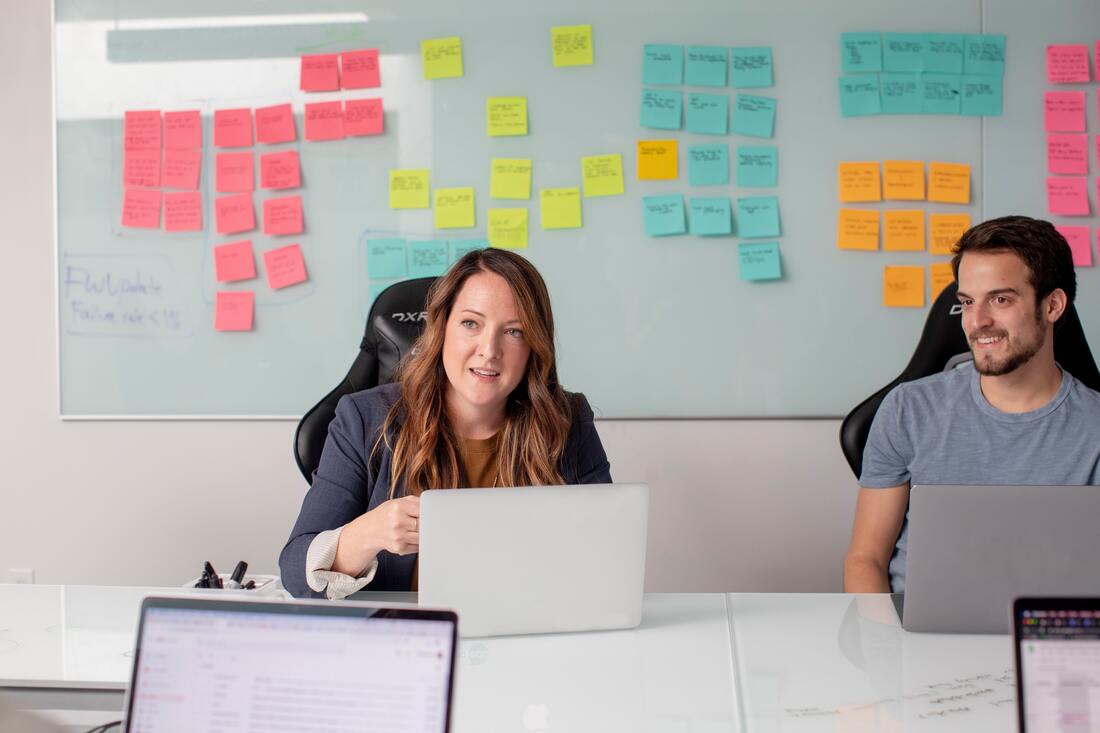 Photo by LinkedIn Sales Solutions on Unsplash  Photo by Joel Wyncott on Unsplash Photo by Joel Wyncott on Unsplash Whether you’re an entrepreneur or employed in the corporate world, self-doubt is something most of us struggle with from time to time. Often cropping up when applying for a promotion or taking our business in a new direction. The adage, ‘new level, new devil’ often applies as our fears kick in. Sometimes it’s ‘new level, old devil’ as new layers of a challenge we thought we’d overcome, rise to the surface. Here’s five things you need to know to reign in self-doubt. Then your decisions are guided by your desires, not your fears. 1) Know your value. Your value as a person is inherent and doesn’t change based on the views of others. What you bring to the table in a business setting is a combination of your education, training, life experience, personality, perspective, values, work ethic, enthusiasm, creativity and vision and it’s essential that you recognise your value. In 2007 Joshua Bell, a world -famous violinist was busking in the arcade next to Washington DC’s Union Station. Most people hurried past the Grammy winning musician, unaware that they were missing a free performance. Little did they know that others were paying $100 per ticket at the sold- out shows. Same musician, same music, different perceived value. 2) Other people may change their perception of your value and that’s okay. Once I heard the story of a power plant that had shut down. It was losing hundreds of thousands of dollars every hour. All the company’s engineers were trying to solve the problem but had no luck. Eventually the CEO called a local electrician to take a look. Five minutes later, the electrician tightened a bolt and fixed the problem. Then the electrician handed the CEO an invoice for $10,000. The CEO baulked and said, ‘You expect $10,000 for five minutes work?’ The electrician amended the invoice, ‘$3 for labour, $9997 for knowing what to do.’ This illustrates that your expertise may be more valuable to different people at different stages. It’s vital for you to recognise this. Irrespective of the work you do, everyone is solving someone else’s problem and you need to value you. It can change a conversation with young people if we ask “What problem do you want to solve when you leave school?” rather than “What do you want to do?” as it subtly reframes the subject. 3) Your education and training may get you in the door, but your success depends on all your other attributes. Your education and training may be a prerequisite in your field, but it isn’t what people remember about you. People remember results and how you made them feel. The value of softer skills such as empathy, communication and emotional regulation can’t be underestimated. When others feel that you ‘get them,’ they are more likely to listen to you and respond in a positive way. This is because we are all governed by the law of reciprocity. 4) Although I definitely consider myself an optimist, I know this to be true. Not everyone is going to like you, not everyone is going to hire you, not everyone is going to want to work with you and not everyone is going to buy your product or service. As much as rejection can hurt, it’s important to frame set-backs as an inevitable part of business and look for the learning opportunity. If you speak with experienced entrepreneurs or read autobiographies, the path of progress mapped on a graph would usually look like an up and down ascent over time, not the straight vertical line we desire. To help deal with disappointment, I love to have visual reminders of my previous successes. I use these as an anchor to remind myself that more success is coming. You may like to keep thank you notes and emails somewhere visible. I do this and also have a small ceramic elephant in my clinic as a symbol of success. I use this as a visual anchor to remember my wins. 5) Sometimes when we’re struggling with self-doubt, there are subconscious beliefs running below the surface. These are holding us back. I find this to be particularly relevant when people tell me that they feel stuck in their business or career and feel a lot of doubt about their best way forward. I worked on this issue with a client last week and she discovered that layers of unnecessary guilt and also a fear about being in competition with a friend in business, were causing self-doubt and holding her back. This wasn’t initially apparent and she only experienced these ‘aha’ moments through accessing her subconscious beliefs. Carl Jung sums up the beauty of this work “Until you make the unconscious conscious, it will direct your life and you will call it fate.” If self- doubt is holding you back and you’d like to know more about working with me, book in a complimentary strategy meeting. Then we can discuss your issues and a plan to move forward. Photo by Laura Ockel on Unsplash
Is your love for sugar sabotaging your healthy lifestyle? Does this sound familiar? You fill your shopping basket with vegetables, a little fruit, free range eggs, natural yogurt, grass fed beef. You read the labels on food to avoid added sugars and processed food in general. You go to yoga, pilates or the gym, take long walks, enjoy outside activities and start feeling really good about your lifestyle choices; then the lure of processed sugar gets the better of you. Whether it’s in the form of chocolate, lollies, desserts or sweets, we all have our own weaknesses. You’ve made healthy choices all day and then late in the afternoon when you’re starving on the way home from work or in the evening when the children have finally gone to bed, all your resolutions go out the window or rather straight in the rubbish bin with the wrappers. Why do we do this? There’s no shortage of information about the inherent dangers associated with eating too much sugar. It can cause inflammation in the body, a burden on our liver, and increased insulin in our blood which in turn, triggers hunger. Sugar can be addictive and eating sugar activates the opiate receptors in the brain. Every time we reach for something sweet and experience that chemical reaction we are strengthening those neural pathways in the brain. We often reach for sugar in an attempt to feel better but did you know that sugar addiction is linked with anxiety and depression? So back to that question, why do we do it? For some people it’s primarily driven by habit that’s been reinforced through repetition, the same environmental triggers, thought processes and chemical reactions. For other people, there’s deeper subconscious programming at play that keeps drawing them back to the behaviour. At a subconscious level they may be linking the feelings that they get when eating sugar to being loved or it may be helping them to form a protective ‘layer’ to keep them safe from unwanted attention or occasionally it may even be a form of punishment or rebellion. If it’s a habit we want to change, what can we do? Now, I’m not a fan of dieting and often when we’re deliberately restricting ourselves, we only want the desired food more because of the restriction. I much prefer the approach of listening to our bodies, intuitive eating and enjoying all things in moderation. Recognising food as just “food” without a good or bad label. I believe in loving and respecting our bodies as the vessels that house our souls and being kind to them. That means speaking kindly to ourselves and loving our bodies just as they are, right now. Even though we may desire to become stronger, slimmer or fitter, it’s important to love ourselves in the present moment. Just in the same way we can love a puppy right now and also want to nurture them as they grow and change. However, in the case of a habit like buying a chocolate every day on your way home from work, I believe a full restriction is actually easier to implement. If you draw a line in the sand and make a decision to stop, it means that every day driving home you don’t need to make a choice. The word decision is Latin for “to cut off from” and when you make this decision, you’re cutting off the other options. Your willpower will only last for so long. Willpower is like a battery that gets charged every night and when we get up in the morning the battery is fully charged and ready to go. During the day we make thousands of decisions and as we become fatigued our ‘will power’ wanes. If you decide to buy a chocolate occasionally on your way home from work, then each day you’ll need to make a decision. Is today the day? However, if you decide to stop buying chocolate on the way home from work completely, then the decision has already been made. It’s in the past, it’s something you used to do. If you try this and still find that you’re struggling, then going deeper and exploring the subconscious programming and creating change at this level, could be just what you need. I still remember the email I received from one client who’d struggled with sugar addiction and she couldn’t believe that she been out for coffee, ordered a dessert to go with it and then didn’t even want it. She had a couple of mouthfuls and it just tasted too sweet and unappealing. Another client told me that she took her children to a birthday party and normally snuck a few sweets from her children’s take- home party bags, however, now she had no interest in eating them at all. Utilising your powerful subconscious mind can make change easier.  7 Signs of self-sabotage that show your inner critic is way too powerful! Self –reflection that leads to self-awareness is an essential tool for personal growth. It’s through this process that we can learn, improve and create happier relationships and success in all areas of life. We all need to have access to our inner critic for self-evaluation so if we’re striving to be the best possible versions of ourselves a healthy, well-balanced inner critic is a wonderful thing. However, it’s easy to become too self-critical. A high level of self-criticism is detrimental to success and good mental health. In fact, excessive self-criticism is a form of self-sabotage and damages your self-esteem and conf Consider these 7 signs that show you might be too critical of yourself:
If these seven signs of self-sabotage resonate with you, it may be time to take steps to do the subconscious work and quieten your inner critic, so that you can create the success you desire. Photo credit: Photo by Molnár Bálint on Unsplash
Are you feeling stuck? Is this causing you to feel anxious? Everyone has those days when you could use a little help. Perhaps it's not looking forward to your next presentation, or you don't know where to start with your latest business idea. Maybe it's not feeling motivated enough to start that project you've been thinking about for months or find that perfect client. The bottom line is: sometimes we need the right push in life and the right person to give us that nudge. So, what can you do to make that giant leap forward? Try these strategies:
Motivation is not always constant, but you can find your way back to it. All you have to do is relax and consider what you're trying to accomplish, really examine your “why.” Even when things seem impossible, there's always a chance for you if you have the patience, determination, and enlightenment to persevere. Try these 10 tips. If the problem lies much deeper and you’re still feeling stuck, reach out for a free consultation to see how I can help you move forward, utilising the power of your subconscious mind. I often have clients asking, “Exactly what is NLP?” So I decided to write a very short piece to shed a little light on the subject. NLP is an acronym for Neuro Linguistic Programming. It's a behavioural science that can help people create massive change and I use it in conjunction with hypnosis. NLP was created in the 1970s, by Richard Bandler and John Grinder. Quite possibly the most famous coach who uses NLP is Anthony Robbins and he was actually a student of John Grinder. The goal of using NLP is to help people achieve their potential. One could argue that our potential continually expands as we grow and change, so I see NLP as a tool to help people achieve their next level of excellence. At its core, NLP involves modelling the language structure and behaviour of successful people. In essence, think the way a successful person thinks, speak the way they speak, behave as they behave. Although different coaches employ varied approaches and techniques, there are key principles in NLP Principles. One important principle is that 'the map is not the territory.' As human beings, we only have our perception of reality available to us and this perception may not actually be correct. When we realise this, we can ask ourselves critical questions to recognize the stories we tell ourselves, which may not necessarily be true. When we use NLP, we employ neuro (brain based) and language strategies to influence our programming. Our programming refers to all our beliefs and habits, some of which may be outdated and not serving us. In doing so we’re in a position to choose better strategies which will empower us to reach our goals. NLP can help you communicate better with yourself and others, identify your values, recognize patterns in your life, define your goals and change the way you think and speak; to place you on track to reach your goals. I find it a wonderful tool to have in my therapists toolbox, as I guide clients to access their inner wisdom and create change. |
Author: Rebekah RyanHypnotherapist, Mindset Coach and Rapid Transformational Therapist. Archives
August 2023
Categories |
"The Mind is everything; what you think you become." Socrates
|
If you'd like to arrange a free consultation to confidentially discuss a plan for success, please click on the button to book straight into my calendar.
Working online Worldwide via Zoom or in my clinic. |
Contact via email: [email protected]
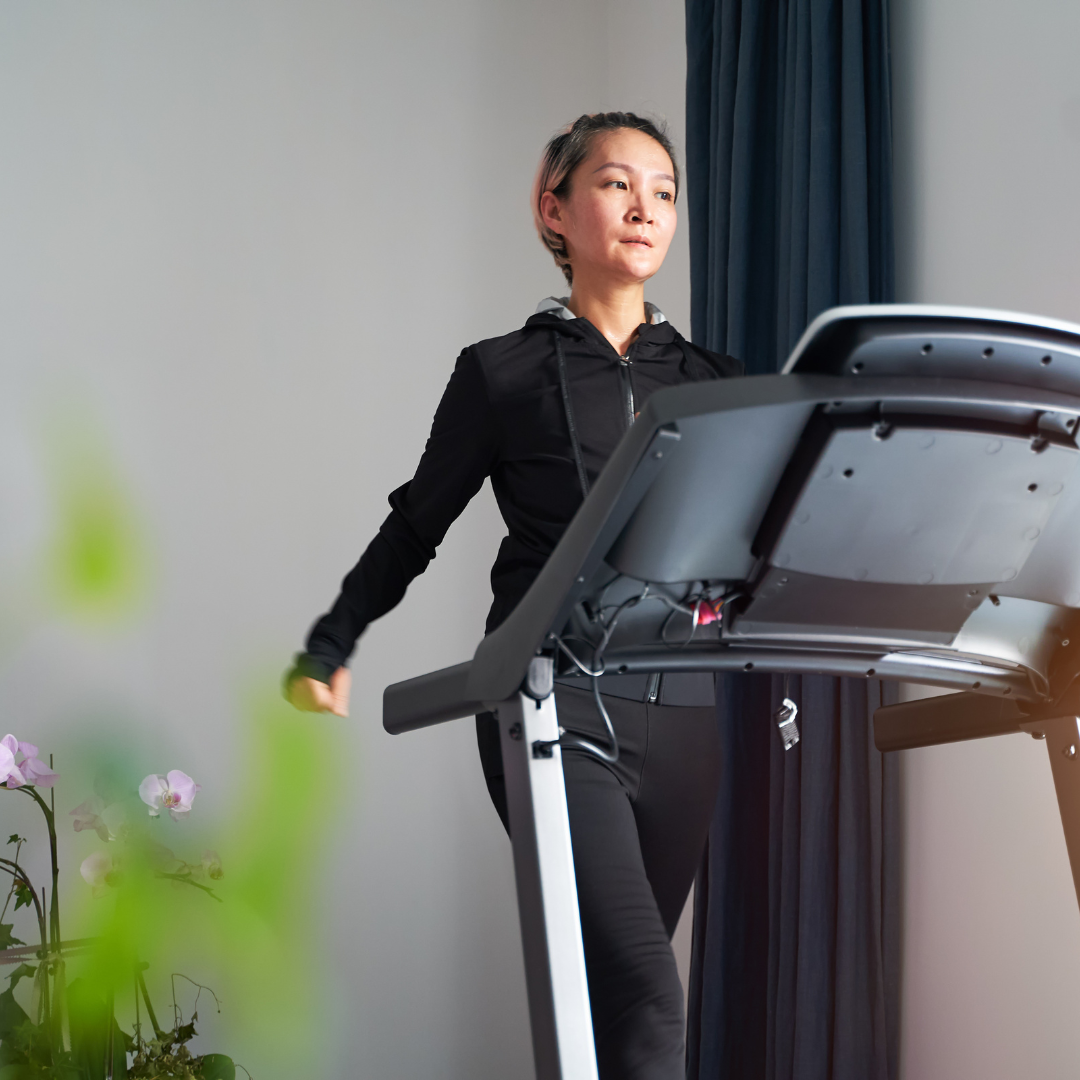
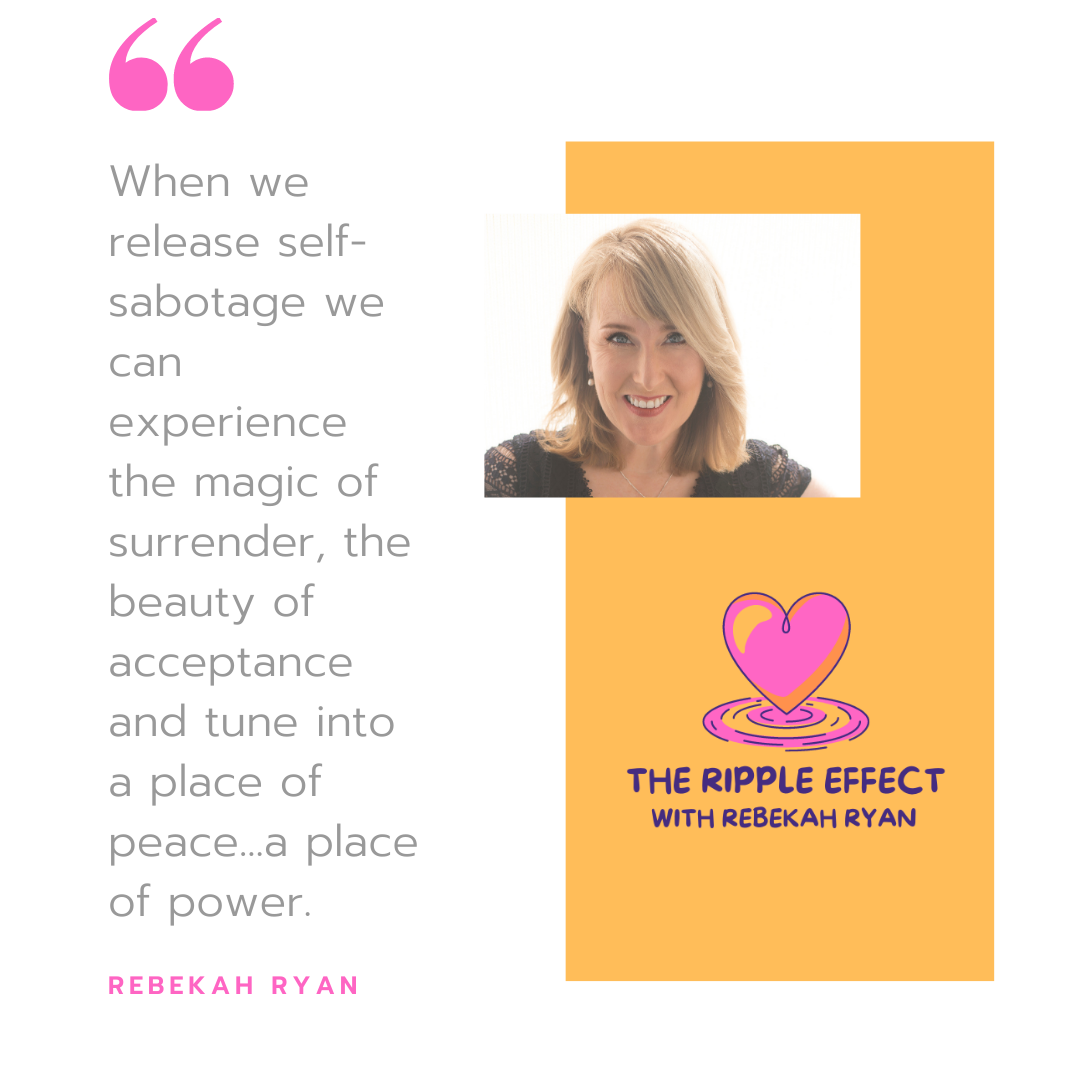

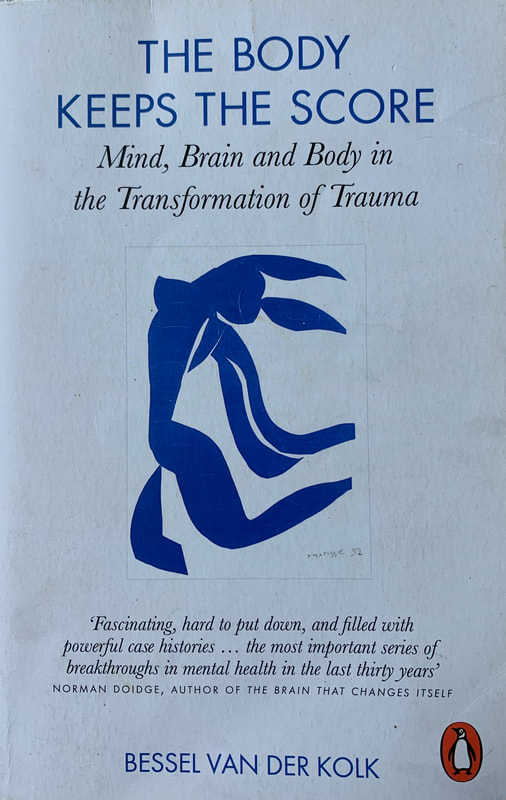

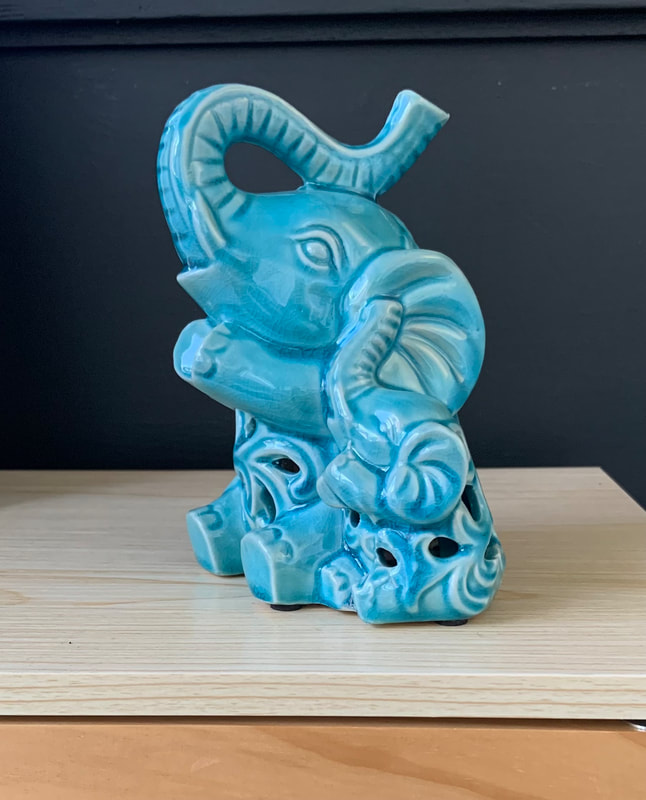


 RSS Feed
RSS Feed
